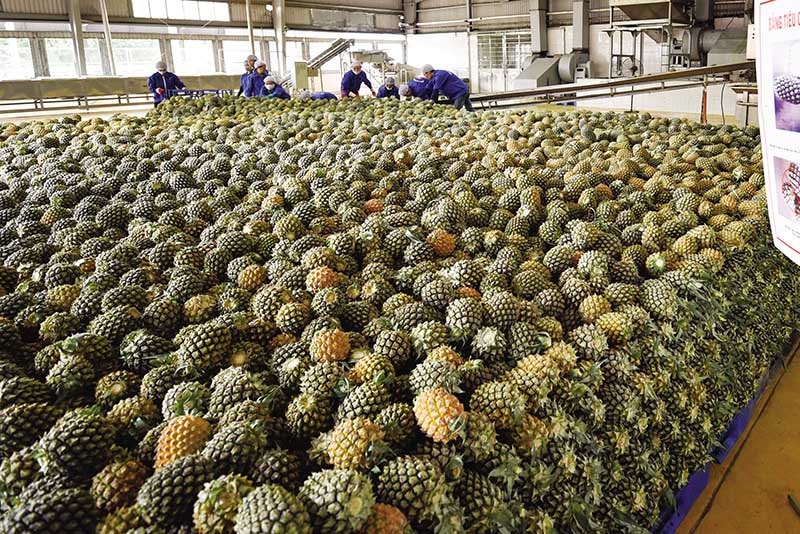
The rate of C/O issuance is over 35%.
After 5 years of implementing the Vietnam - EU Free Trade Agreement (EVFTA) coming into effect (from August 2020 to the end of 2024), Vietnam's export turnover to the EU has skyrocketed, from 17.9 billion USD to 51.72 billion USD. Similarly, the turnover granted with certificates of origin (C/O) increased from 2.66 billion USD to 18.13 billion USD, an increase of 14.8% to 35.1%. "This is a quite positive number and is on the rise", Deputy Director of the Import-Export Department, Ministry of Industry and Trade Trinh Thi Thu Hien shared at the seminar "Taking advantage of rules of origin in EVFTA and its significance for businesses in the context of reciprocal tax policies", recently organized by Industry and Trade Magazine.
According to Ms. Hien, this does not mean that the remaining 64.9% of export turnover to the EU must be subject to high taxes, because some goods/product lines in the EU have low import taxes, so "they do not necessarily have to have a C/O to get the desired tax rate". In addition, the rate of granting C/O or the rate of using certificates of origin also depends on each market and each different product.
For example, with leather and footwear products, the rate of using C/O reaches nearly 100% of the export turnover of this product, while the rate for textile and garment products is only over 30% (in 2024, textile and garment exports to the EU will reach more than 4.24 billion USD, of which goods granted C/O will reach 1.36 billion USD)...
Vice President and General Secretary of the Vietnam Leather, Footwear and Handbag Association Phan Thi Thanh Xuan informed that the EU is a traditional market for the leather and footwear industry, but since the EVFTA took effect, it has created an even greater advantage when footwear products such as sports shoes - Vietnam's main products - have taken advantage of the 0% tax rate when exported to the EU. In addition, the rules of origin for leather and footwear products in the EU are quite favorable when requiring only about 40% of the added value in Vietnam. This also contributes to increasing footwear exports to the EU, which currently accounts for 24 - 26% of the industry's total export turnover.
However, Ms. Xuan confirmed that the EU is still a difficult market with high technical barriers. In the near future, according to the European Commission's green agreements, a series of laws such as supply chain appraisal laws, requirements for sustainability reports, etc. will be introduced, forcing all exporters to comply. "This is one of the huge challenges. Small and medium-sized enterprises, if they do not have internal preparation and timely reception of information, will not be able to export successfully," Ms. Xuan noted.
Actively improve internal strength
In the context of the US imposing reciprocal tariffs on trading partners, businesses are choosing to shift markets, including to the EU market. However, shifting to the EU may face fierce competition from other exporting countries.
To increase the utilization of the rules of origin in the EVFTA Agreement and promote exports to the EU market, Ms. Phan Thi Thanh Xuan noted that businesses must first improve their internal capacity to comply with the conditions of the EVFTA as well as other free trade agreements (FTAs); share, train, and educate to improve skills, grasp market requirements, especially a series of laws issued by the EU.
“There are requirements that will cause huge costs for businesses, so it is necessary for the government to make recommendations to host countries to reduce procedures, such as allowing self-certification of origin,” Ms. Xuan said. The government also needs to continue to facilitate import-export procedures, helping businesses reduce costs, thereby competing on product prices.
According to Ms. Xuan, some countries are preparing for FTA negotiations with the EU, such as Indonesia. Therefore, we must quickly take advantage of the opportunities and advantages from EVFTA, otherwise we will miss out. Along with that, we need to further promote trade promotion activities to the EU. "We need to have a very clear and specific strategy. State management agencies work with businesses to understand the reality and adjust policies more appropriately," Ms. Xuan emphasized.
Ngo Minh Phuong, CEO of Viet Truong Co., Ltd., said that in reality, if it is not possible to export to the US, businesses will find a way to export to the EU, but this is not a simple task. To do so, it is necessary to have the support of the state, because in addition to the tax issue, C/O is also related to certification of farming areas and "that is a story that businesses themselves cannot solve".
Confirming that “businesses’ awareness of rules of origin and the use of C/O have changed somewhat after being trained”, Ms. Trinh Thi Thu Hien noted that in order to better take advantage of the incentives of EVFTA as well as FTAs in general through rules of origin, first of all, businesses need to understand different markets, different goods have different rules of origin. Businesses need to proactively learn about regulations related to import and export and origin of goods through official information channels.
Another important point pointed out by Ms. Hien is that businesses need to pay attention to the issue of preserving and storing records. Because after the C/O is issued, the exporting enterprise must send it to the importer, then send it to the customs authority of the importing country for the shipment to enjoy tariff incentives. However, a few years later, the customs authority of the importing country may conduct post-clearance inspection, post-clearance inspection, and verification of documents and certificates to determine that the shipment meets the correct origin requirements.
Source: https://daibieunhandan.vn/doanh-nghiep-can-chu-y-luu-tru-ho-so-ve-xuat-xu-10390042.html






![[Photo] Discover unique experiences at the first World Cultural Festival](https://vphoto.vietnam.vn/thumb/1200x675/vietnam/resource/IMAGE/2025/10/11/1760198064937_le-hoi-van-hoa-4199-3623-jpg.webp)

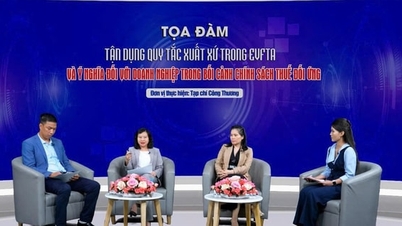

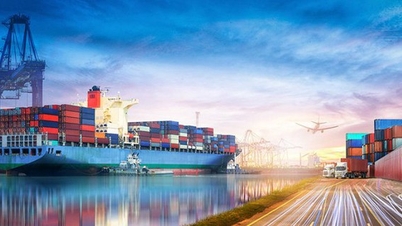

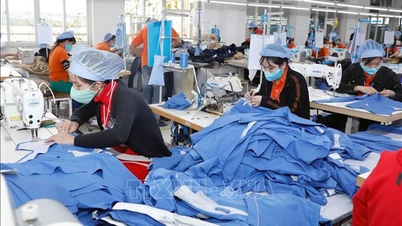

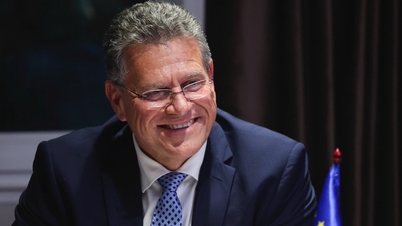

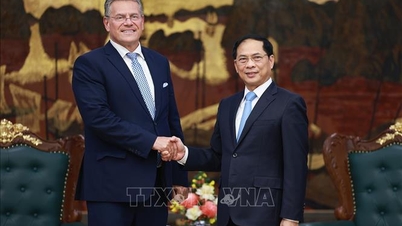
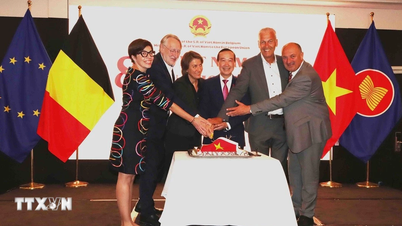

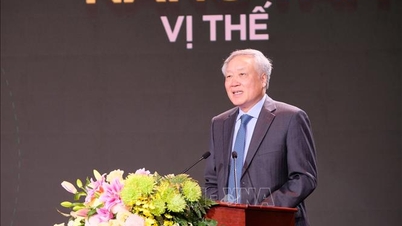
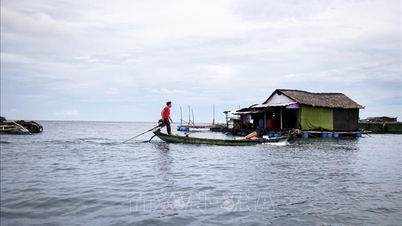
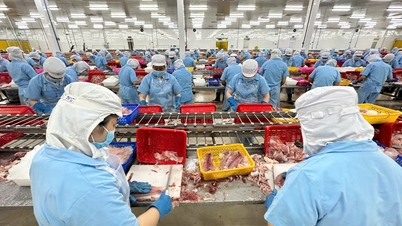
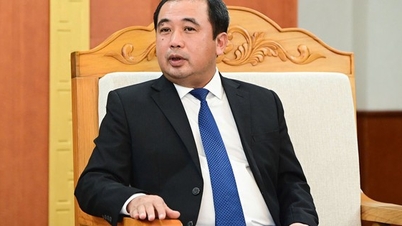

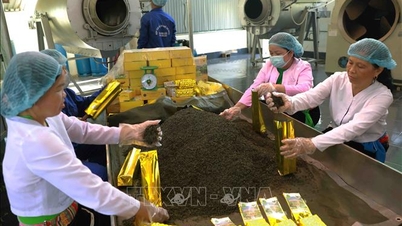






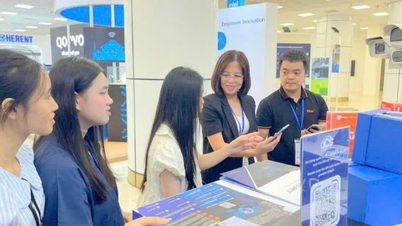
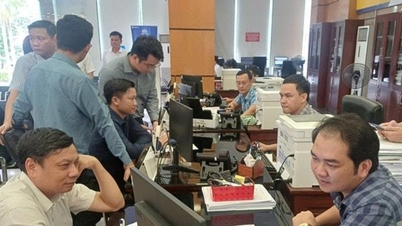
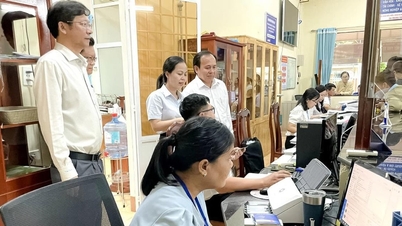
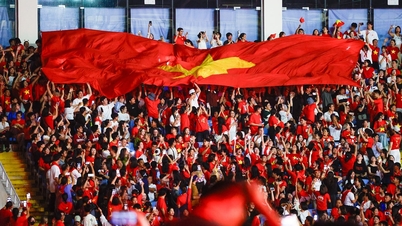
![[Photo] General Secretary attends the parade to celebrate the 80th anniversary of the founding of the Korean Workers' Party](https://vphoto.vietnam.vn/thumb/1200x675/vietnam/resource/IMAGE/2025/10/11/1760150039564_vna-potal-tong-bi-thu-du-le-duyet-binh-ky-niem-80-nam-thanh-lap-dang-lao-dong-trieu-tien-8331994-jpg.webp)





















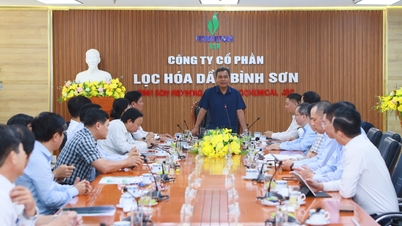






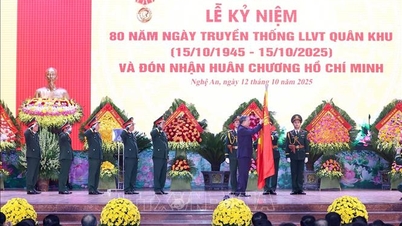
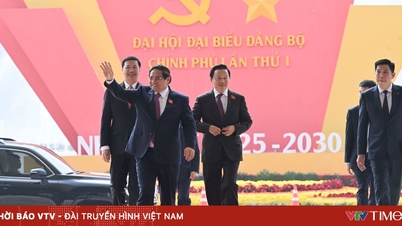


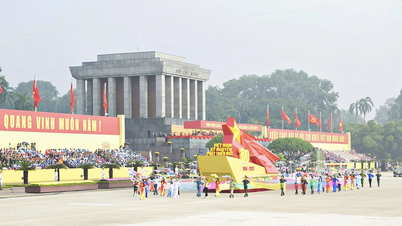



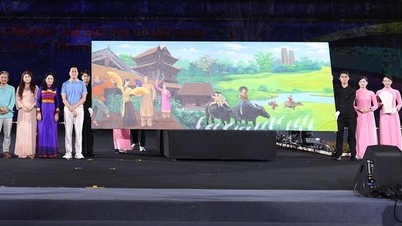

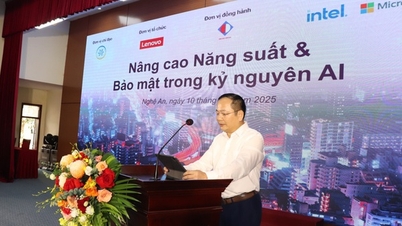


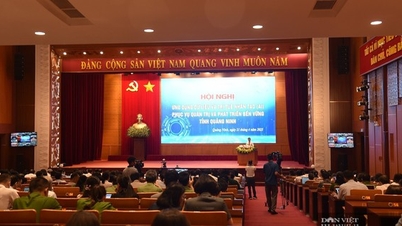
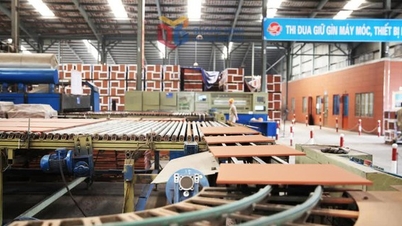
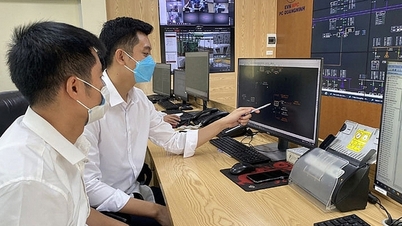
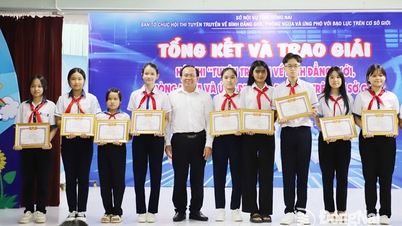

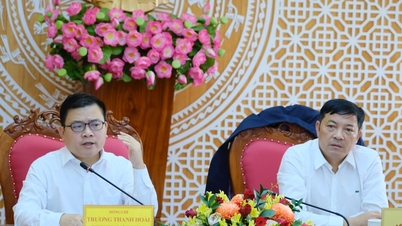

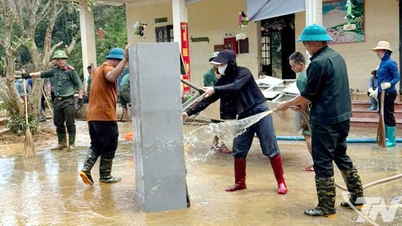

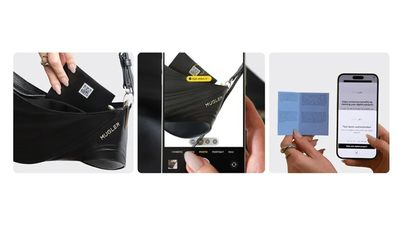

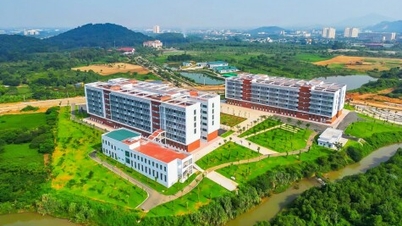















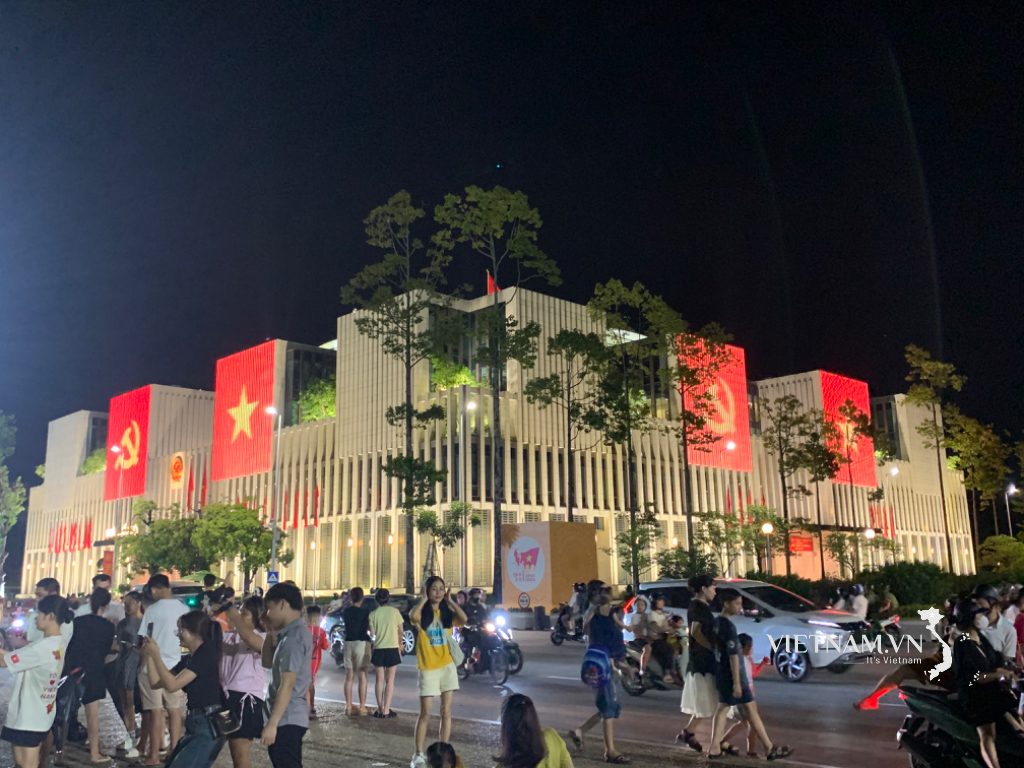
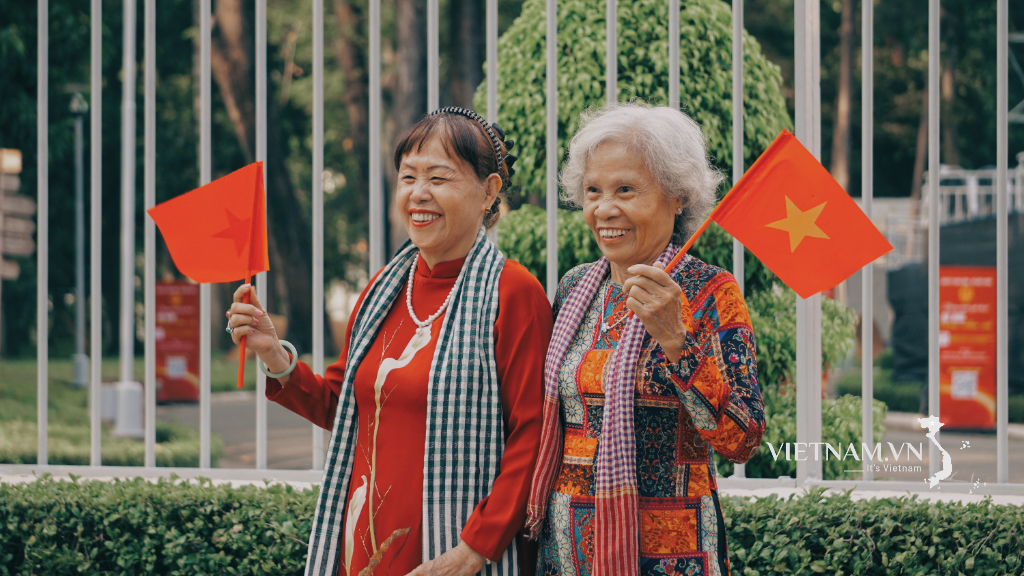
Comment (0)